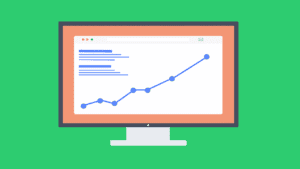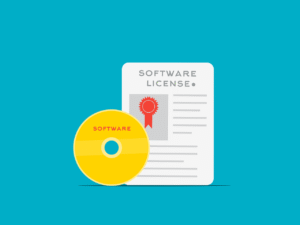Boost Your Website’s Visibility and Traffic
Alright, let’s get real for a sec—SEO is basically the secret sauce of the internet. If your site isn’t popping up on Google, it’s like throwing a party and forgetting to send invites. Nobody’s showing up, nobody’s bringing snacks, and your business is stuck playing solitaire. Sad, right?
Look, there’s a ton of competition out there. Everyone’s fighting for eyeballs. If you’re new to SEO, it might seem like you need a degree in wizardry just to get started. But honestly? It’s not that deep. Stick with me—I’ll break down the basics, from finding those magic keywords to fixing techy stuff under the hood. By the end, you’ll know how to make your site actually show up instead of chilling in internet purgatory.
So, What the Heck is SEO Anyway?
SEO stands for search engine optimization. Fancy words for “getting your website noticed by Google and friends.” When someone types in “best tacos near me” or “why does my cat hate me,” you want your site to show up. Think of SEO like a megaphone for your site—or, I dunno, like putting your stuff on the top shelf where everyone can see it.
How Do Search Engines Even Work?
Google, Bing, and the other guys are basically robot librarians. They send out little bots (called crawlers, which sounds way creepier than it is) that snoop around the internet, find new pages, and add them to a giant digital card catalog. When you search for something, they dig through the index and spit out what they *think* you want. Way more complicated than it sounds, but you get the idea.
Why Should You Even Care About SEO?
Here’s a wild stat: Over 90% of online journeys start with a search engine. So if you’re not showing up, you’re leaving a pile of money on the table. Especially if you’re a small biz—SEO is basically free advertising if you do it right. More traffic, more sales, more people knowing your brand exists. Kinda a no-brainer.
How Does Google Decide Who Wins?
It’s a combo of a bunch of stuff. Quality links from other sites, making sure your content actually answers people’s questions, having a site that loads fast and isn’t a nightmare on mobile. Oh, and don’t forget tidy URLs and those little bits of code called meta tags. It’s a lot, but you don’t have to nail everything at once.
Let’s Talk Basics: What You Gotta Do
1. On-Page SEO: The Stuff You Control
Keyword Research: Figure out what people are searching for. Use tools like Google Keyword Planner, Ubersuggest, whatever. Sprinkle those words into your titles, headers, and content—but don’t go nuts or you’ll look spammy.
Content Quality: If your stuff is boring or useless, people bounce. Write like you’re helping a real person, not a robot. Keep it interesting and answer actual questions.
Meta Tags & URLs: Titles and descriptions should make people wanna click. And for the love of all that’s holy, use clean URLs—nobody wants to see www.example.com/12345abcde.
2. Technical SEO: The Nerdy Stuff
Site Speed & Mobile: Slow sites are the worst. Use Google PageSpeed Insights to see where you suck. And make sure your site works on phones, because, well, everyone’s glued to theirs.
Sitemaps & Robots.txt: These help Google find your pages and know what NOT to look at. Keep ‘em updated.
Structured Data Markup: Schema markup helps your site stand out with those fancy stars, recipes, or event details in search results. A little code magic goes a long way.
3. Off-Page SEO: What Happens Elsewhere
Link Building: Getting other legit sites to link to you is basically a vote of confidence. Reach out to bloggers, write guest posts, create cool stuff people wanna share. Quality over quantity, always.
In the end, SEO isn’t some mythical beast. It’s just a pile of little things that add up. Nail the basics, and you’ll start seeing results—maybe not tomorrow, but hey, Rome wasn’t built in a day. Get in there and start tweaking. The internet’s waiting.



































































































